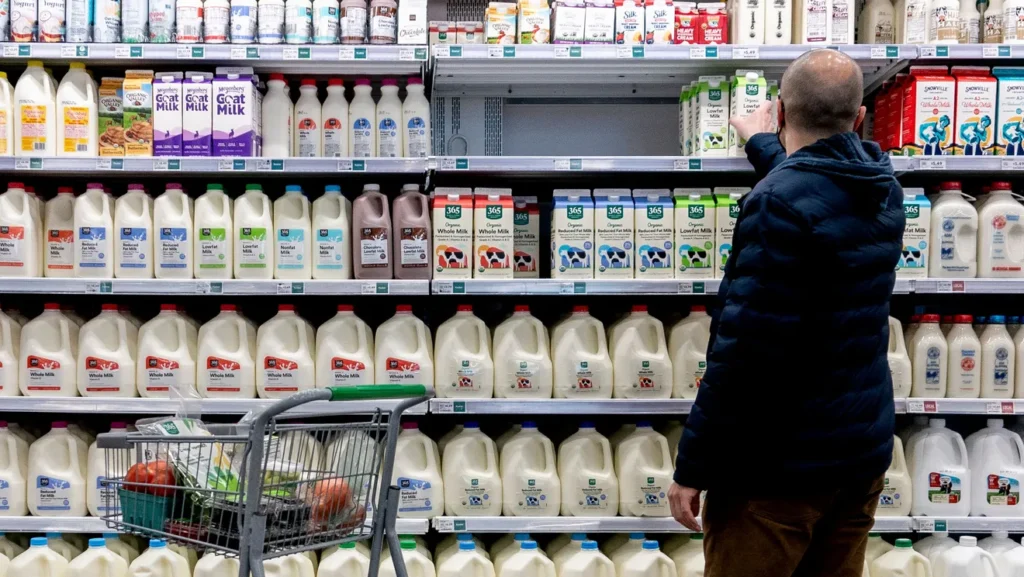President Donald Trump acknowledged Sunday that Americans could face economic consequences from his new tariffs on Canada, Mexico, and China, while defending the measures as necessary for national interests.

The tariffs, set to begin Tuesday, impose 25% duties on Canadian and Mexican imports and 10% on Chinese goods. Trump said the measures aim to pressure these nations to address fentanyl trafficking and illegal immigration into the United States.
International reaction was swift and hostile. Canadian Prime Minister Justin Trudeau and Mexican President Claudia Sheinbaum both announced plans for retaliatory tariffs, while China vowed to challenge the measures at the World Trade Organization.
“We’re hopeful that they don’t come into effect on Tuesday,” Canadian Ambassador Kirsten Hillman said on ABC’s “This Week,” while noting Canada would “stand up for itself” if necessary.
Economists warn the tariffs could increase consumer prices and fuel inflation, particularly affecting goods such as Canadian lumber and Mexican produce. Tariffs, which are taxes on foreign imports, are typically passed on to consumers through higher retail prices.
Trump dismissed concerns about economic impact on social media platform Truth Social, writing that despite possible “pain,” the results would be “spectacular” and lead to “the golden age of America.”
The president told reporters Friday there “could be some temporary short-term disruption” but expressed confidence the public would understand the necessity of the measures.
A recent Reuters/Ipsos poll showed Americans divided on the issue, with 54% opposing new import duties and 43% supporting them. The poll revealed a partisan split, with Republicans more likely to favor tariffs and Democrats more likely to oppose them.
The tariffs come as Americans continue to worry about inflation, which reached record levels in 2022. Trump maintains the measures will encourage domestic manufacturing, despite concerns about their impact on consumer prices.



